Most people avoid their darker thoughts and feelings. We fear that acknowledging anger, jealousy, or shame makes us weak or flawed. So, we hide these parts of ourselves. Yet ignoring them doesn’t make them disappear. It makes them grow stronger in the background. Facing your inner darkness is not about becoming negative. It’s about honesty. It’s about learning to accept the full range of who you are, instead of pretending only the good parts exist. When you turn toward the parts you fear, you create space for healing and growth.
Why We Hide the Dark Parts
From childhood, many of us are taught to silence certain feelings. We learn that anger is labeled as bad, sadness is brushed aside with ‘be strong,’ and jealousy is shamed instead of explored. Over time, you learn to bury these emotions. You present the parts of yourself that others approve of, while keeping the rest hidden. But those hidden emotions still shape your choices, often without you realizing it. Avoidance feels safe, but it costs you your authenticity.
What Happens When You Deny Darkness
When you suppress emotions, they don’t vanish. They show up in different ways-
- Outbursts: Anger leaks out in sudden explosions.
- Exhaustion: Carrying hidden weight drains your energy.
- Conflict: Unacknowledged feelings strain relationships.
- Self-sabotage: Shame convinces you that you don’t deserve better.
You can’t build lasting peace by ignoring half of yourself.
Facing Your Darkness with Honesty
- Name what you feel
- Ask where it comes from
- Notice your patterns
- Let yourself feel
Instead of pushing emotions away, label them: anger, fear, envy. Naming them reduces their power.
Most emotions stem from past experiences, including criticism, neglect, and rejection. Understanding the source helps you respond with awareness instead of reaction.
Do you always shut down in conflict? Do you compare yourself constantly? These patterns reveal what you’ve been avoiding.
Allow sadness, anger, or fear to exist without rushing to fix it. Feeling is part of processing.
What You Gain by Embracing the Darkness
- Energy release: Suppressed emotions require energy to conceal; acknowledging them frees up mental and physical space.
- Sharper self-awareness: You start noticing triggers in real time instead of only after damage is done.
- Deeper authenticity: When you stop hiding parts of yourself, your relationships become more genuine and less performative.
- Better decision-making: When you see your motives clearly, you choose actions less driven by fear or avoidance.
- Stronger sense of self: Owning all parts of you builds a steady identity that doesn’t crumble under stress.
Practical Ways to Work with Your Inner Darkness
- Journaling without filters
- Body awareness
- Safe expression
- Therapy or healing work
- Compassion practices
Write down the raw thoughts you usually hide. Don’t judge them. Simply notice what’s there.
Emotions live in the body. Tension in your chest, knots in your stomach, these are signals. Pay attention to where your body holds stress.
Find healthy outlets. Shout into a pillow, cry in private, move your body. Expression prevents buildup.
A professional can help you face patterns that feel overwhelming alone.
When dark thoughts arise, try responding with gentleness. ‘I see you. You’re part of me. And I’m still worthy.
Asking Yourself Hard Questions
- What feelings do I avoid most often?
- When did I first learn these feelings were unacceptable?
- How do I react when others show the same feelings?
- What would happen if I allowed myself to sit with them instead of hiding?
Questions don’t provide instant answers, but they reveal the path forward.
Why Light Emerges from Darkness
You don’t discover strength by pretending everything is fine. You find out it when you face the parts of yourself that scare you. By making space for them, you unlock energy that was trapped in denial. The light doesn’t appear because the darkness vanishes. It appears because you stop fighting yourself.
Frequently Asked Questions
Q1. Does embracing darkness mean focusing on negativity?
A: No. It means accepting emotions instead of suppressing them. Acknowledgment brings relief, not negativity.
Q2. Isn’t it better to just stay positive?
A: Positivity without honesty is fragile. Facing difficult emotions makes positivity more genuine.
Q3. Can embracing darkness harm relationships?
A: It often improves them. When you own your feelings, you stop projecting them onto others.
Q4. How do I know if I need help?
A: If emotions feel too overwhelming to handle alone, seek therapy or guided healing. Support makes the process safer.
Q5. How does this lead to finding light?
A: When you stop hiding from emotions, you reclaim energy and clarity. That release feels lighter than constant suppression.
Accepting your inner darkness is not about becoming consumed by it. It is about owning every part of yourself. When you face your hidden fears and feelings with honesty, you stop wasting energy on denial. What remains is clarity, strength, and a sense of light that comes from within.
Reach Dr. Chandni’s support team at +918800006786 and book an appointment.
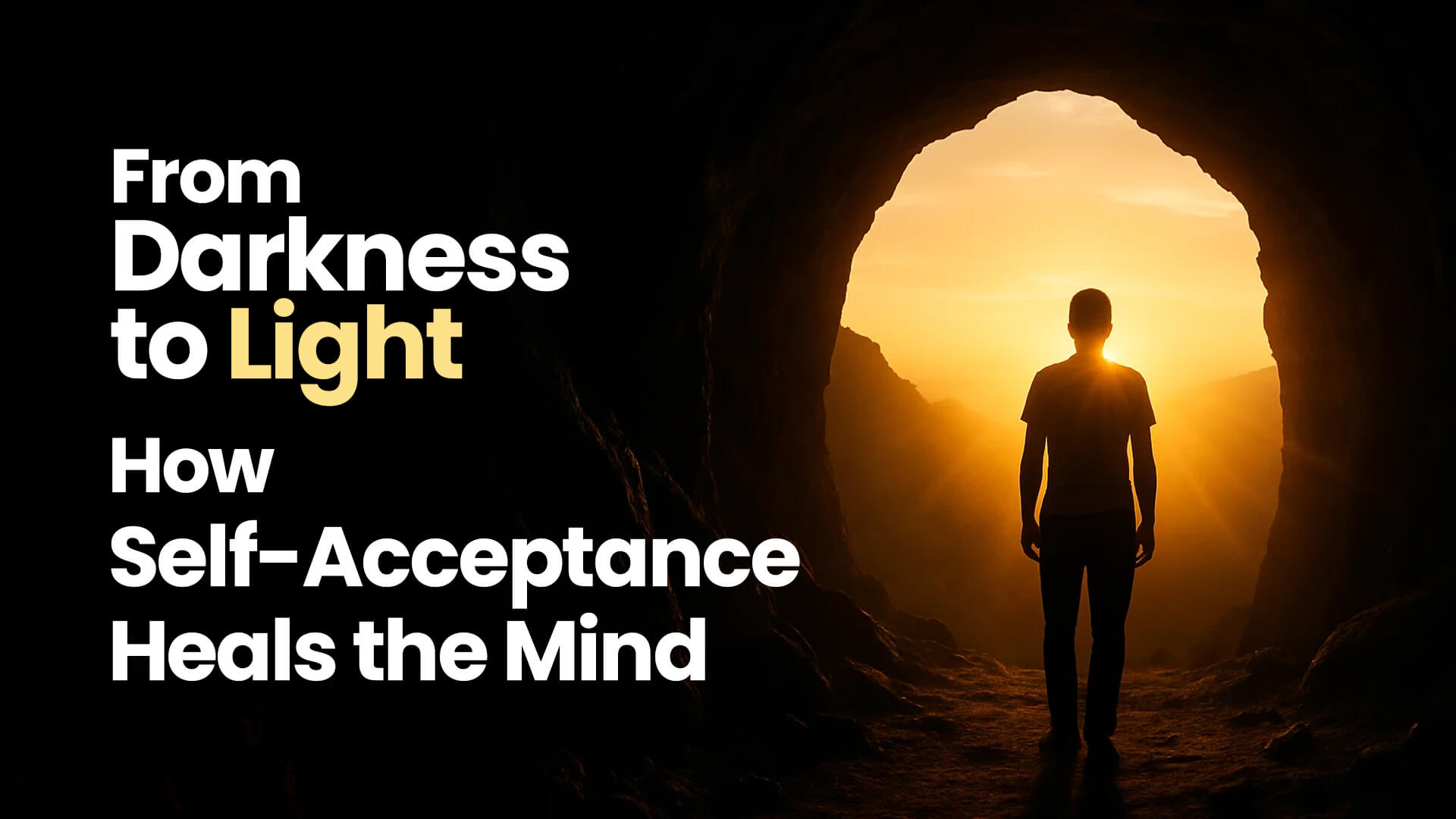

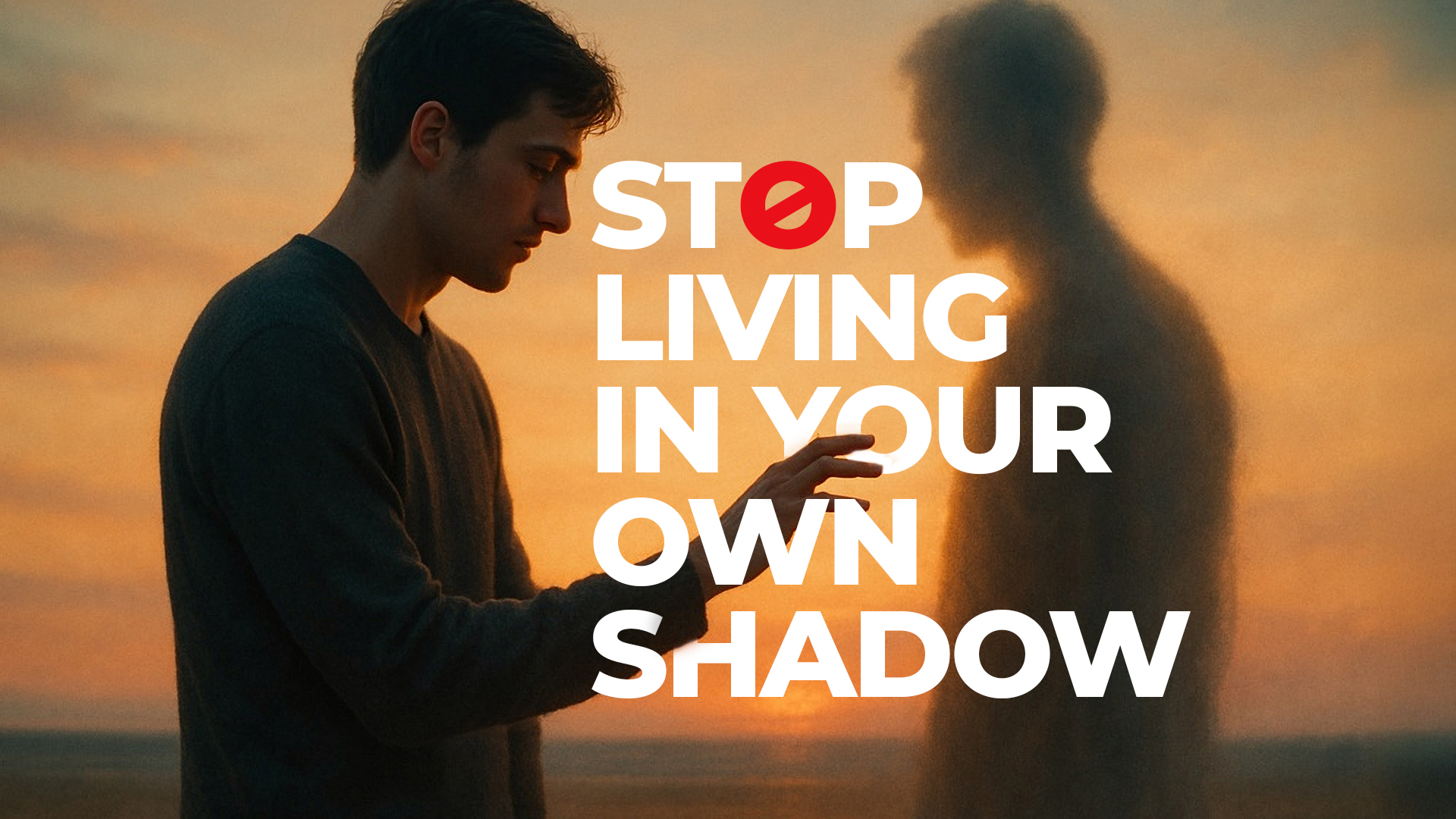
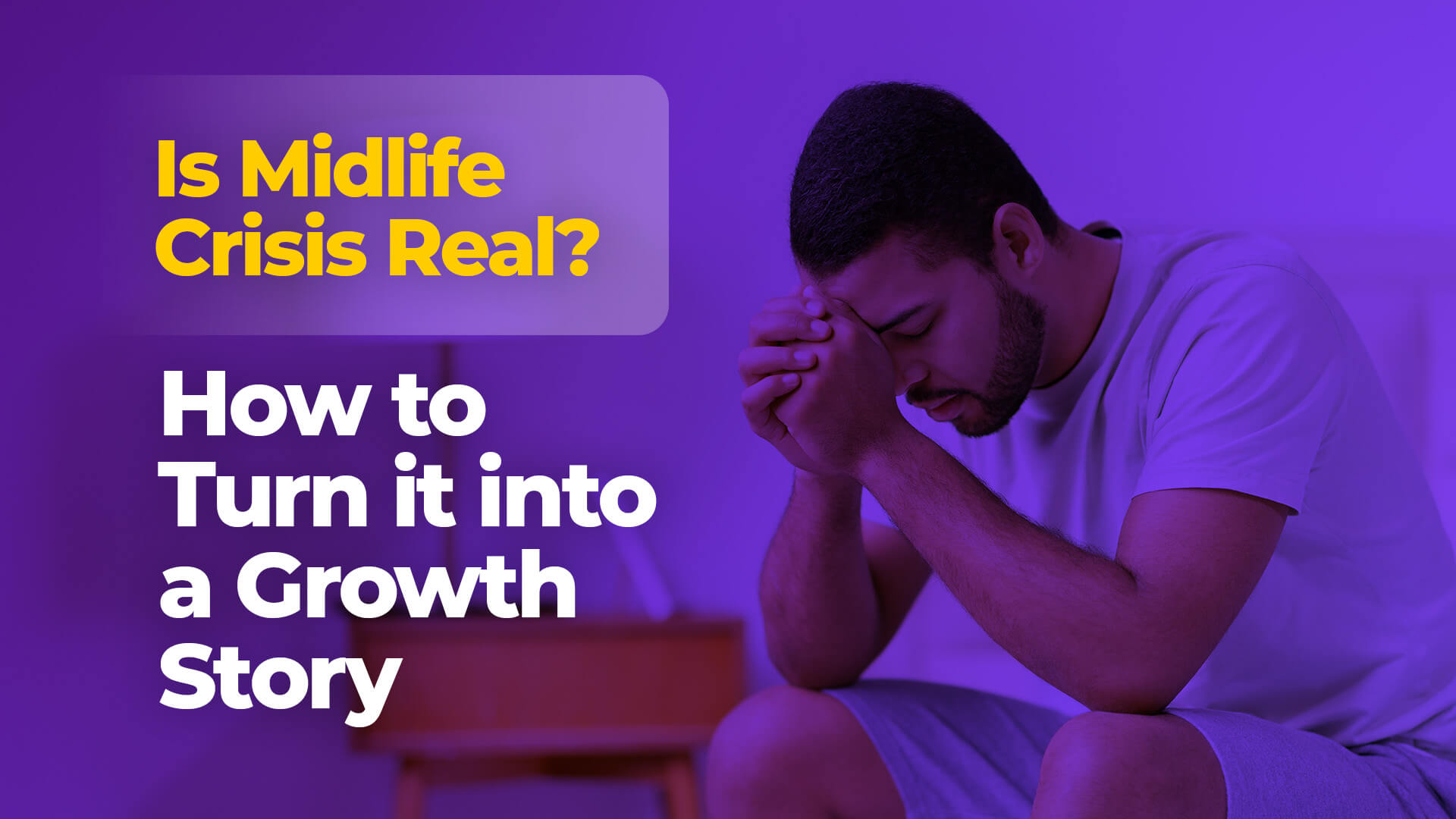
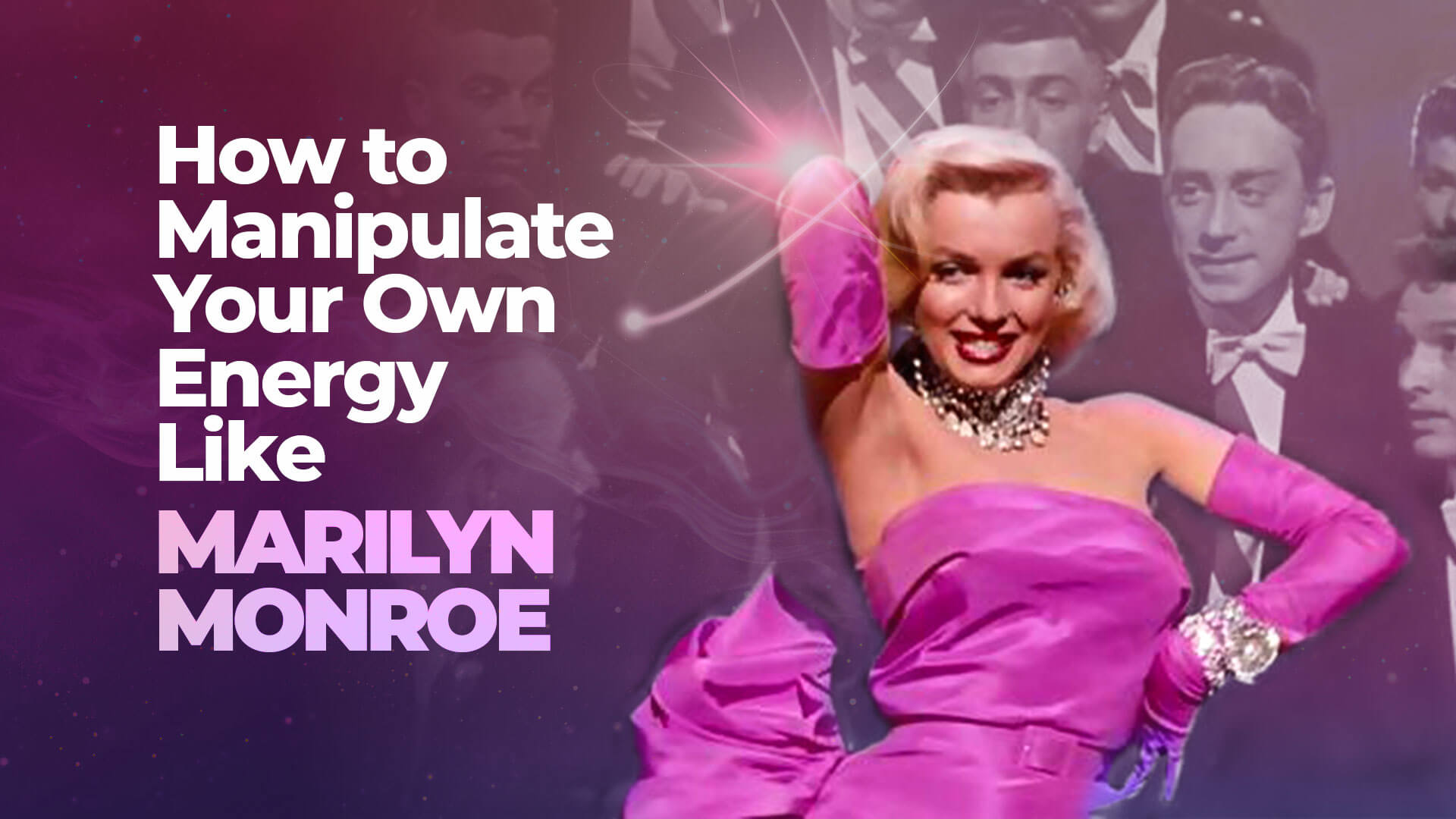
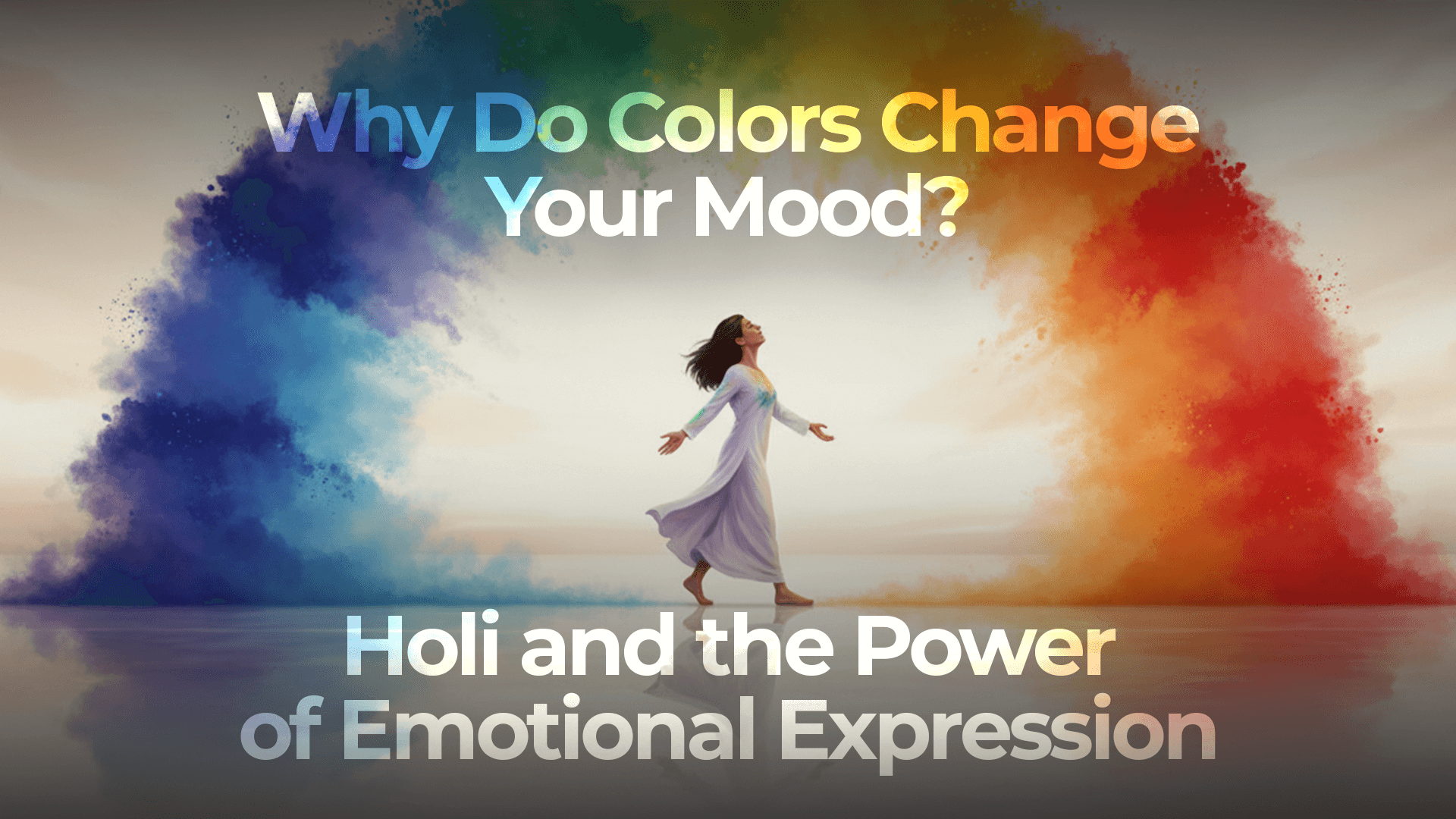

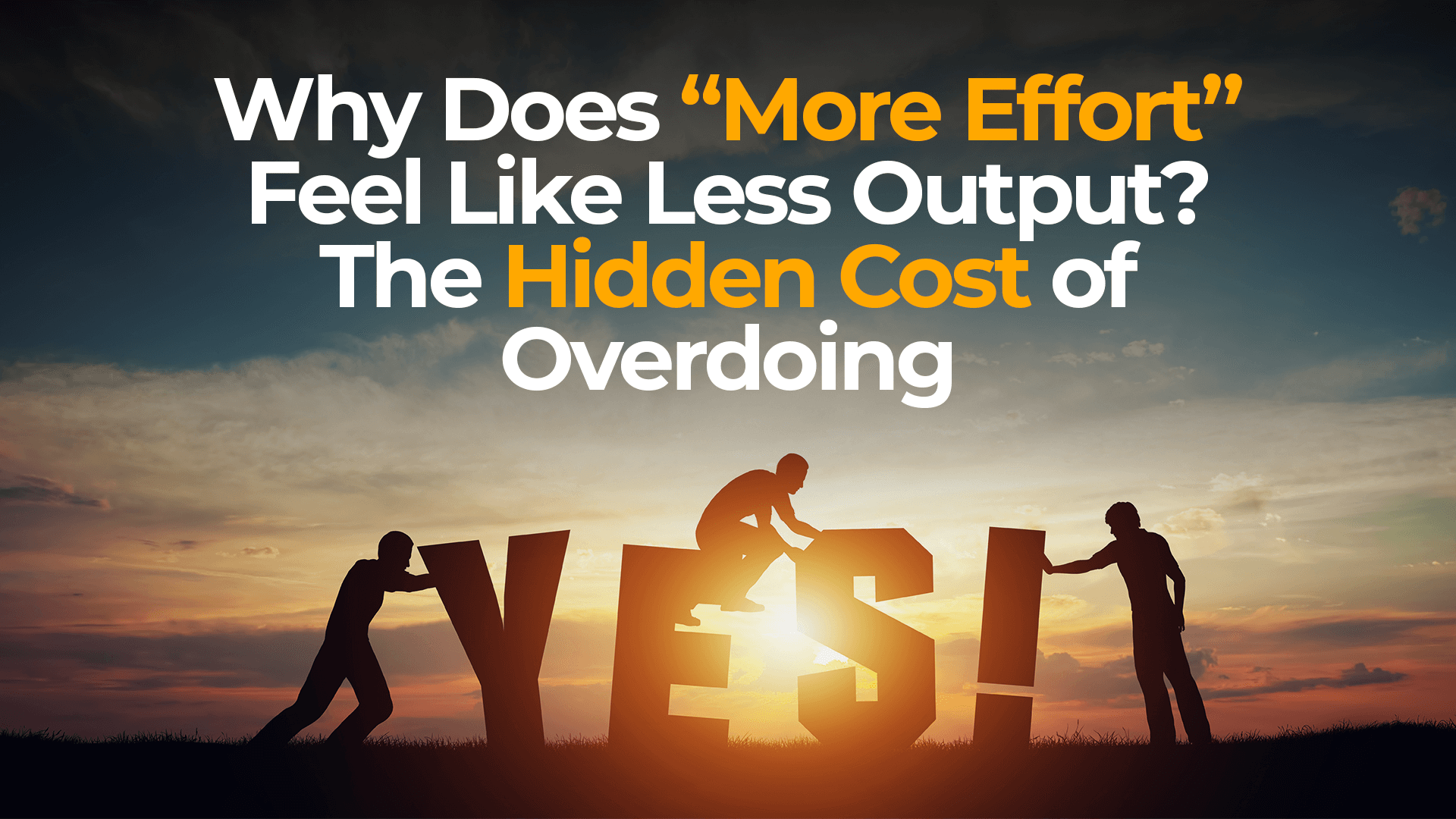
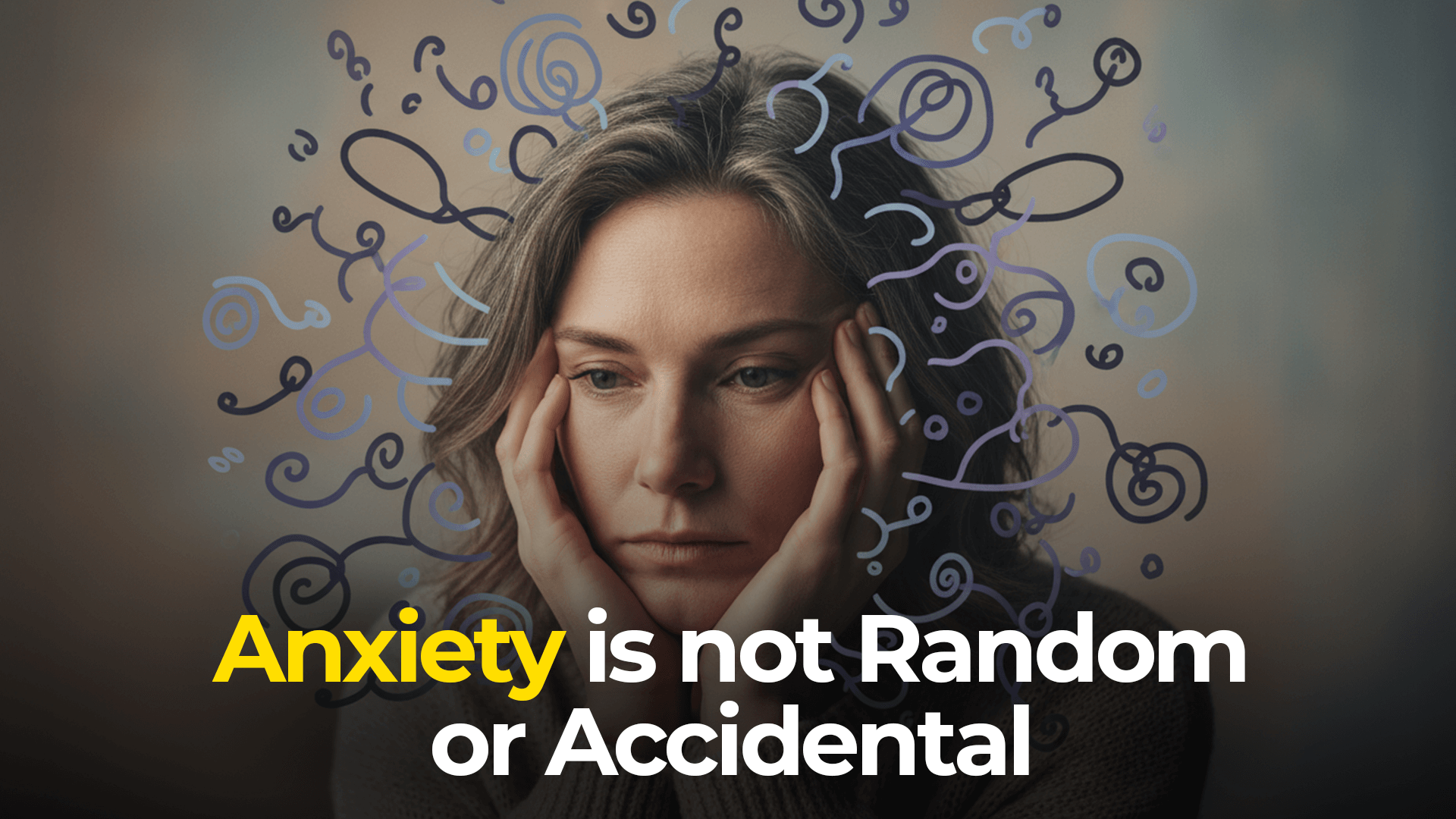
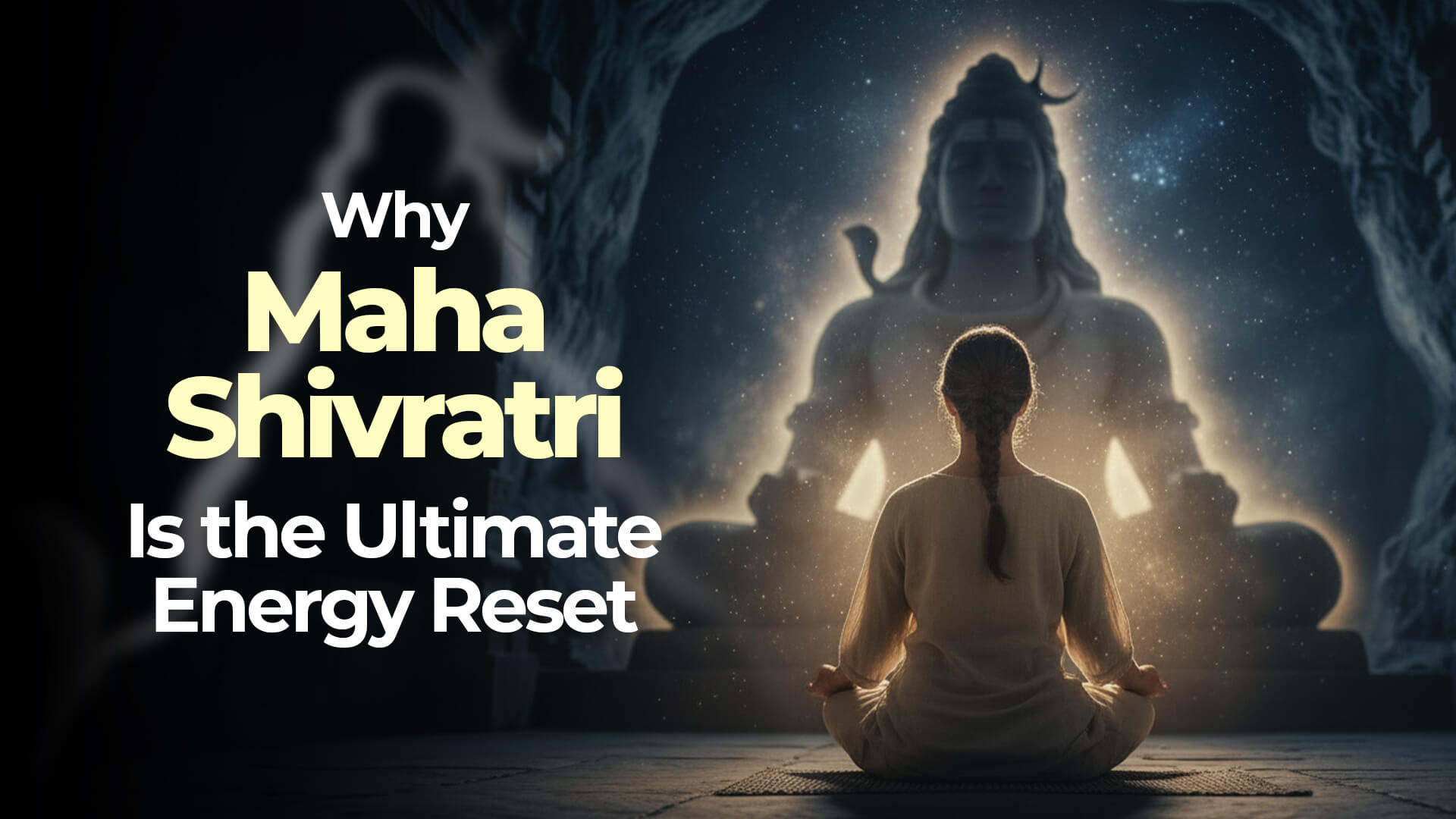




























So true. Self-acceptance is the first real step toward healing. Powerful read.
Thank you for this beautiful reminder.